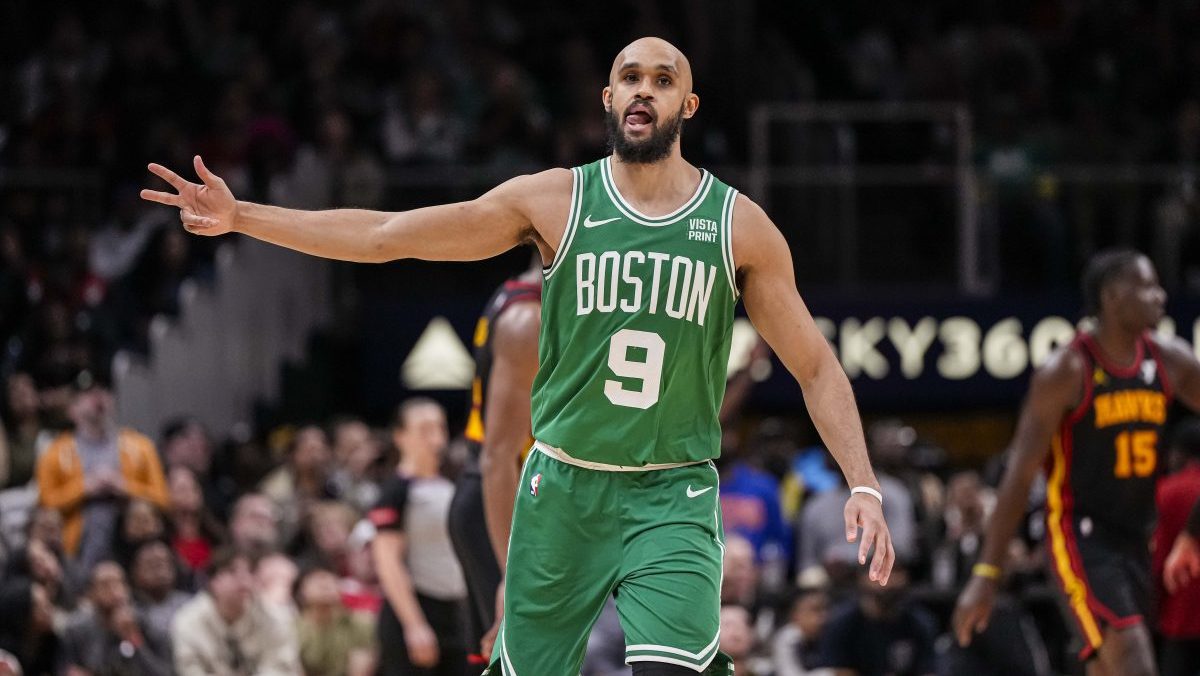On a sunny and brisk Friday morning in November, Maija Meadows Hasegawa pushed chairs across the room and positioned toys on the floor. A steady stream of strollers lined up outside the doors.
In minutes, the space inside the Boston Public Library would be jam-packed with singing, dancing toddlers during the institution's popular weekly live music event.
After a decade on the job, Meadows Hasegawa told me working at the BPL is her storybook scenario.
"I always tell the kids I'm living my dream!" the 39-year-old said. "When the kids tell me they want to be a star, I let them know I always wanted to be a librarian."
So naturally, after completing her undergraduate program, Meadows Hasegawa pursued a master's degree from Simmons University. In 2007, graduated and started to tackle the roughly $80,000 in student loans she amassed during her extended educational experience.
As she searched for a full-time librarian position, Meadows Hasegawa recalled juggling part-time gigs while struggling to chip away at her debt.
"It was not easy to make those payments and live life at the same time," she told me.
Local
In-depth news coverage of the Greater Boston Area.
Eventually, she landed that dream job at Boston's landmark library in the heart of Copley Square. Meadows Hasegawa, who is now married and living in Roslindale, takes an MBTA bus and subway to get to work each day.
We recently met up with her as she exited the Back Bay station and walked to the BPL together.
After a few years as a children's librarian, Meadows Hasegawa heard about a federal initiative that promised to make her debt simply disappear: the Public Service Loan Forgiveness (PSLF) program.
The rules of the program sounded so simple. First, get a full-time public service or nonprofit job, such as working as a teacher, librarian or police officer.
Next, make 120 qualifying payments on your federal loans — the equivalent of paying your monthly bill for 10 years. Then, the remainder of your loans are forgiven.
Meadows Hasegawa was optimistic when she applied for the program, since she had found her dream job. But she was stunned when she received a letter from the federal government, saying her application had been rejected.
"I was just kind of crushed because I didn't know how to make it right," she said.
The children's librarian said nobody mentioned that she could switch her type of federal student loan to qualify, which she did years later.
Meadows Hasegawa said nobody instructed her to enroll in a qualifying income-based repayment plan. She eventually did that, too.
It even took several attempts for the government to recognize the Boston Public Library as an eligible public employer — one of the requirements for loan forgiveness.
"It was almost like unless you knew to ask, nobody would tell you," Meadows Hasegawa expressed. "I think it's really disheartening and discouraging because I think working as a librarian is a great service to the community."
Meadows Hasegawa is far from alone. After processing 102,051 applications from borrowers across the country, the U.S. Department of Education has granted loan forgiveness in only 1,216 cases so far, according to the latest federal data. That's an acceptance rate hovering around 1 percent.
"It's a good program in theory. But in practice, it's been lousy," Massachusetts Attorney General Maura Healey said.
Healey's office sued the loan servicer that oversees the program in 2017, accusing it of steering borrowers in the wrong direction. The ongoing litigation seeks restitution and damages for what it describes as "unfair and deceptive student loan servicing practices."
Healey told me staffers in her student loan assistance unit regularly hear from borrowers who've experienced rejection in the PSLF program.
"As a result, we have people who are police officers, librarians and teachers who have gone into public service and aren't getting the benefit of the program they deserve," Healey said.
The U.S. Department of Education argued that it's merely executing the program as it was strictly designed by Congress in 2007.
An Education Department spokesman said the agency recently introduced a PSLF Help Tool, which helps borrowers assess whether their employer qualifies, whether their loans qualify and whether they are enrolled in an eligible repayment plan. Additionally, it has published information on common mistakes to avoid.
"The Department has taken a number of steps to help borrowers navigate this complicated program," the spokesperson wrote to me.
However, those improvements arrive too late for Meadows Hasegawa. Even though she's been paying off loans for more than a decade, she is just starting from scratch in the eyes of the program.
If things had gone according to plan, she could've had roughly $40,000 in student loans forgiven when she hit her 10-year anniversary at BPL in 2018.
Instead, by the time Meadows Hasegawa makes 120 payments according to all the parameters of PSLF, she likely won't have any debt left to forgive.
As some life goals like buying a house are delayed, it's a financial reality that makes the children's librarian wonder if her dream job was actually worth it.
"It's really upsetting," Meadows Hasegawa said. "I love my field and I love being a librarian. But if I had to do it over again, knowing I would have all these hurdles, I probably wouldn't do it."
Ryan Kath can be reached at ryan.kath@nbcuni.com. You can follow him on Twitter or connect on Facebook.



